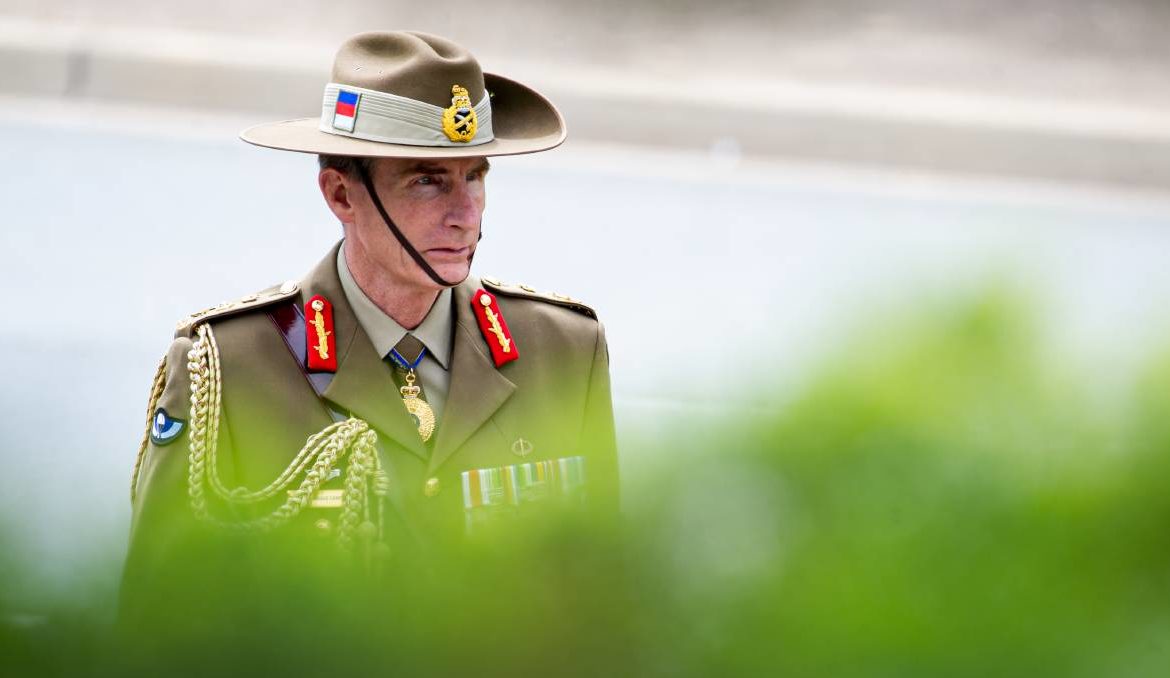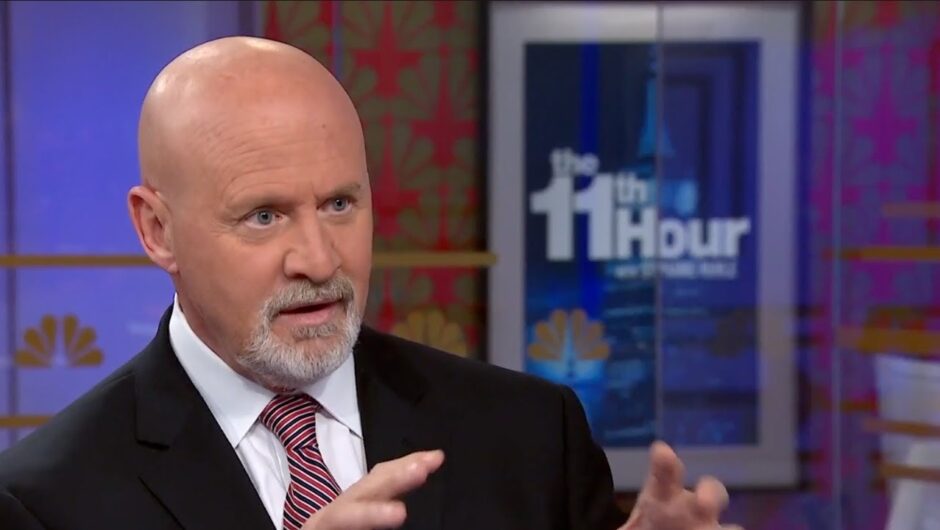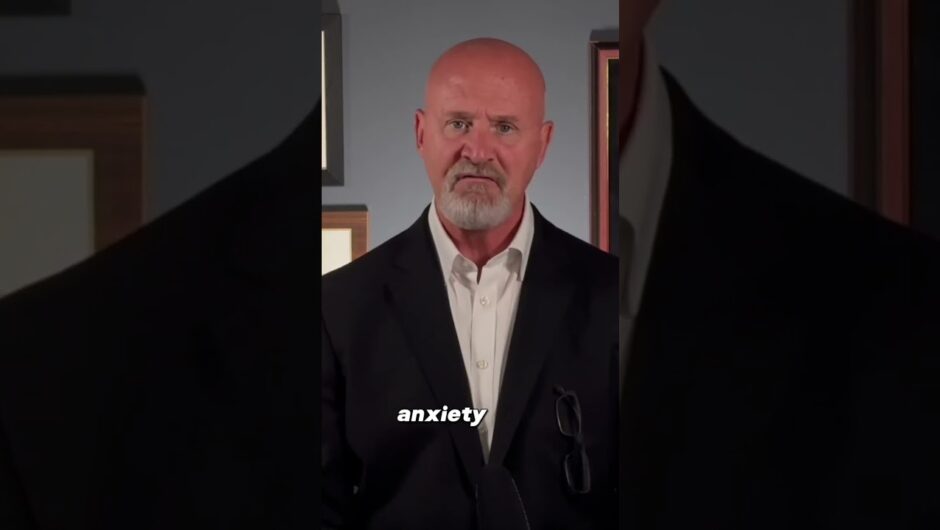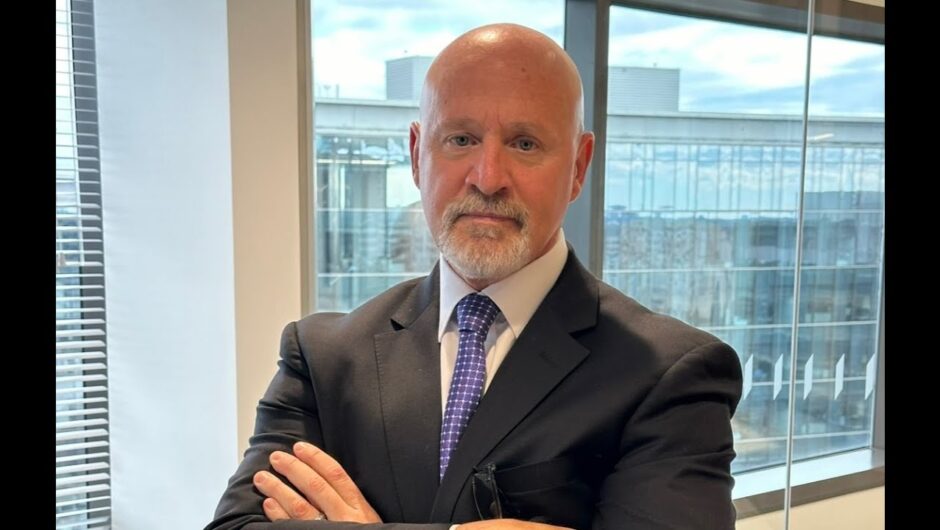news, latest-news,
While Defence chief Angus Campbell was telling cadets to beware sexual predators by remembering the “four As”, women in Defence were recognising it as a myth heard throughout their careers. Dr Dee Gibbon, a group captain in the air force, was one of the earliest heads of SeMPRO, Defence’s sexual misconduct prevention and response office, but commented as director of organisational culture and capability at University of Queensland. “We used to target our education programs towards people’s understanding of consent and ways of ascertaining if the person you are with was able to provide informed consent. I’d like to think it’s still SeMPRO’s mandate to educate people about whose responsibility it is not to perpetrate sexual assault – and it’s never the survivor’s responsibility not to be raped.” Dr Gibbon’s PhD on female pilots in Air Force was intended to increase female participation in aviation with support from Defence, but one of the unexpected findings was the number of defence women pilots who spoke of being sexual assaulted. Each of those cases involved sexual assault by somebody known to the survivor, usually a colleague or peer, but never by a stranger. “So the whole ‘stay with your mates’ is not always the best advice,” Dr Gibbon said. “Young women who want a career in an organisation where power is invested primarily in senior men find themselves staying silent about sexual assault. “Because there is little benefit in coming forward, people won’t believe you, and it’s often the end of that career choice. “[These organisations] are more likely to have incidents of sexual misconduct. “That power and privilege creates these vulnerabilities in organisations. People capitalise on those vulnerabilities and abuse those positions of power.” Kerry Summerscales is working as a doctor after ending her 30 year career with the army last year, having joined in 1990 when women made up just 12 per cent of Defence. She says while significant reform had been made to protect women against sexual violence that didn’t weed out perpetrators. READ ALSO: “Defence has a capacity to hide predators because you have the rank system. But then medicine has the same, clearly parliament has the same, any organisation with a hierarchy has that capacity for predators to flourish.” Dr Summerscales said the reporting process had improved over the years too, however, there were potential inconsistencies in how allegations were managed. “If you get the right mix of people at the right time there is the potential that it could be toxic. That could mean incidents are less likely to be reported and less likely to be addressed,” she said. Our journalists work hard to provide local, up-to-date news to the community. This is how you can continue to access our trusted content:
/images/transform/v1/crop/frm/pMXRnDj3SUU44AkPpn97sC/276b45a8-7413-4894-99a3-6cdd52c370a6.jpg/r6_95_3294_1953_w1200_h678_fmax.jpg
While Defence chief Angus Campbell was telling cadets to beware sexual predators by remembering the “four As“, women in Defence were recognising it as a myth heard throughout their careers.
Dr Dee Gibbon, a group captain in the air force, was one of the earliest heads of SeMPRO, Defence’s sexual misconduct prevention and response office, but commented as director of organisational culture and capability at University of Queensland.
“We used to target our education programs towards people’s understanding of consent and ways of ascertaining if the person you are with was able to provide informed consent. I’d like to think it’s still SeMPRO’s mandate to educate people about whose responsibility it is not to perpetrate sexual assault – and it’s never the survivor’s responsibility not to be raped.”
Dr Gibbon’s PhD on female pilots in Air Force was intended to increase female participation in aviation with support from Defence, but one of the unexpected findings was the number of defence women pilots who spoke of being sexual assaulted. Each of those cases involved sexual assault by somebody known to the survivor, usually a colleague or peer, but never by a stranger.
“Young women who want a career in an organisation where power is invested primarily in senior men find themselves staying silent about sexual assault.
“Because there is little benefit in coming forward, people won’t believe you, and it’s often the end of that career choice.
“[These organisations] are more likely to have incidents of sexual misconduct.
“That power and privilege creates these vulnerabilities in organisations. People capitalise on those vulnerabilities and abuse those positions of power.”
Kerry Summerscales is working as a doctor after ending her 30 year career with the army last year, having joined in 1990 when women made up just 12 per cent of Defence.
She says while significant reform had been made to protect women against sexual violence that didn’t weed out perpetrators.
“Defence has a capacity to hide predators because you have the rank system. But then medicine has the same, clearly parliament has the same, any organisation with a hierarchy has that capacity for predators to flourish.”
Dr Summerscales said the reporting process had improved over the years too, however, there were potential inconsistencies in how allegations were managed.
“If you get the right mix of people at the right time there is the potential that it could be toxic. That could mean incidents are less likely to be reported and less likely to be addressed,” she said.
Our journalists work hard to provide local, up-to-date news to the community. This is how you can continue to access our trusted content:







